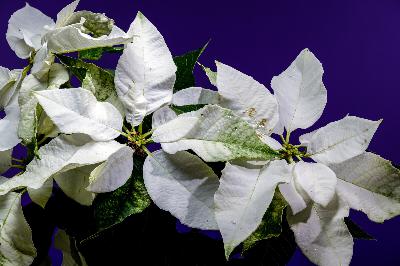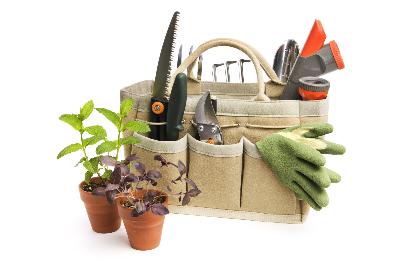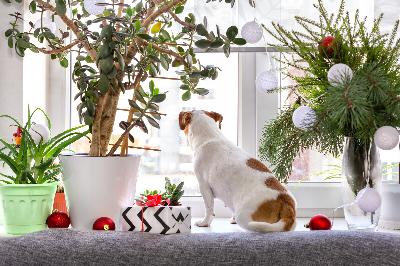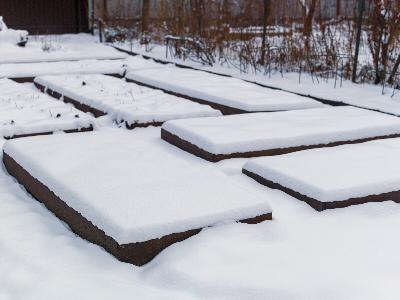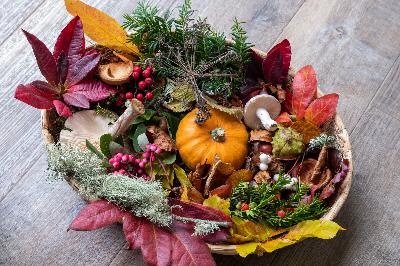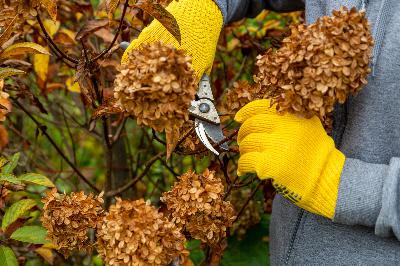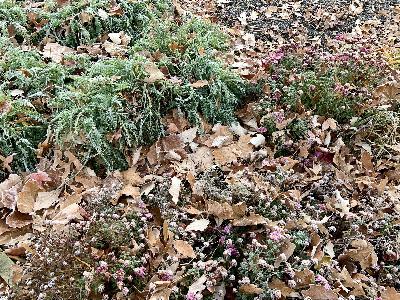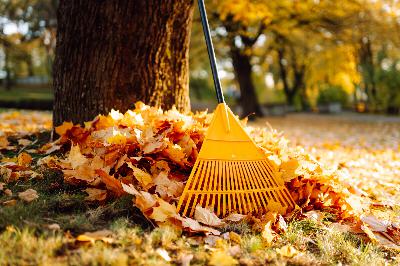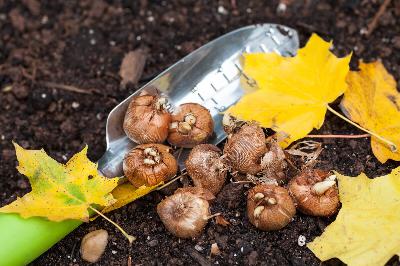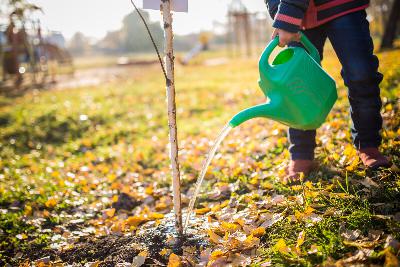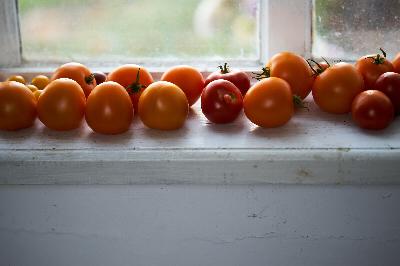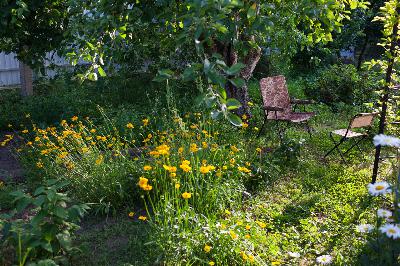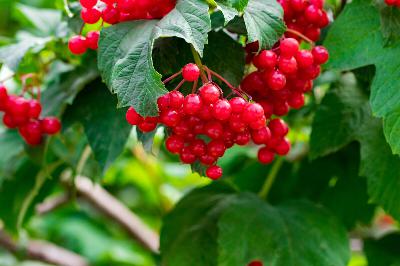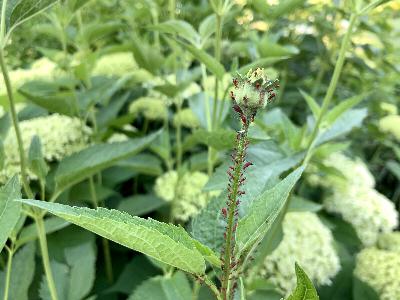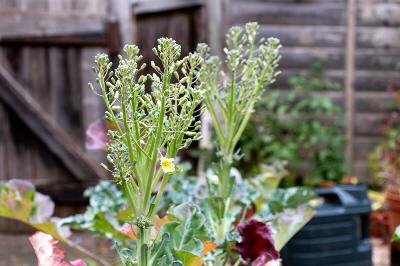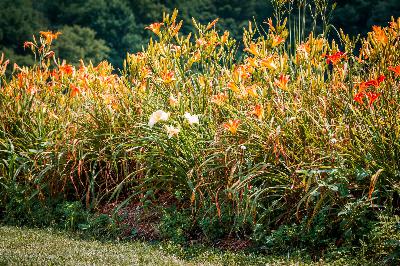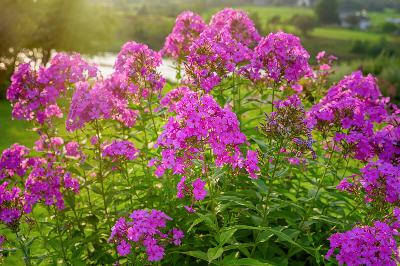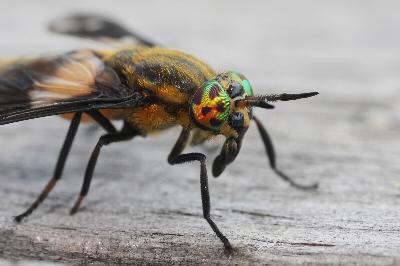Discover All Things Gardening Podcast
All Things Gardening Podcast

All Things Gardening Podcast
Author: Mary Williams Engisch, Charlie Nardozzi
Subscribed: 230Played: 4,769Subscribe
Share
© 2025 Vermont Public
Description
Each week, Charlie Nardozzi joins Vermont Public’s Mary Engisch for a conversation about gardening, and to answer your questions about what you're seeing in the natural world.
198 Episodes
Reverse
Consider some unique varieties of this iconic holiday plant. If you fall in love with your choice, it's easy to keep poinsettias alive long past the holiday season.
These practical gifts are just right to tackle multiple jobs in the garden.
Certain plants used in holiday decorations, like holly berries and mistletoe, can be toxic for kids and pets if they ingest them. Find out which alternatives look just as festive and are safe.
Sow native perennial seeds now and leave them protected and undisturbed over the winter. In the coming seasons, you'll have lots of free native plants.
With evergreen boughs, seed pods, dried berries and more, you can create a custom centerpiece for your holiday table.
Knowing which hydrangea you have in your yard or landscape is key. That way, you can prep it for winter.
Charlie Nardozzi answers gardeners' questions about moles, voles and Boston ferns.
Raking isn't a beloved fall pastime for most, but before you feel obligated to do it, check out these benefits of leaving leaves on the ground.
Rodents love to dig down and eat certain spring bulbs. Protect yours with these ideas.
Keep carved pumpkins looking festive longer, plus more fall decorating tips.
Our region has been experiencing drought conditions since late summer. As the seasons change, find out how to care for your plants so they can overwinter.
Early fall in the garden means it's time to get certain plants ready to harvest and prep others to overwinter indoors.
It's fall on the calendar, but there is still plenty of gardening left to do! Listeners sent in questions about struggling lilac bushes, protecting pears from deer, decommissioning a large garden and more.
Right now, seed heads from certain flowers like echinacea are providing great food for birds. You can provide another key source of nutrition in your yard: native berries.
Traditionally, roses bloom in June and July, but certain types can make a comeback for a late summer second act.
The wet spring followed by a hot, dry summer contributed to certain garden issues. Lilacs, fruit trees and flowers have suffered but will bounce back with the right remedies.
Those who know, self-sow! Self-sowing is when certain plants are left to bolt or go to seed. When plants go to seed, their flowers attract more pollinators and the seeds drop in the soil for another perfectly timed crop for next season.
It's mid-August and you're likely harvesting warm-weather veggies like tomatoes and zucchini. Still, garden woes exist, and Charlie Nardozzi aims to remedy some.
Tall garden phlox grow up to five feet and come in a myriad of colors; just the sort of flowers that pollinators love.
Encouraging bats and dragonflies to visit your yard could help reduce the numbers of biting insects.


